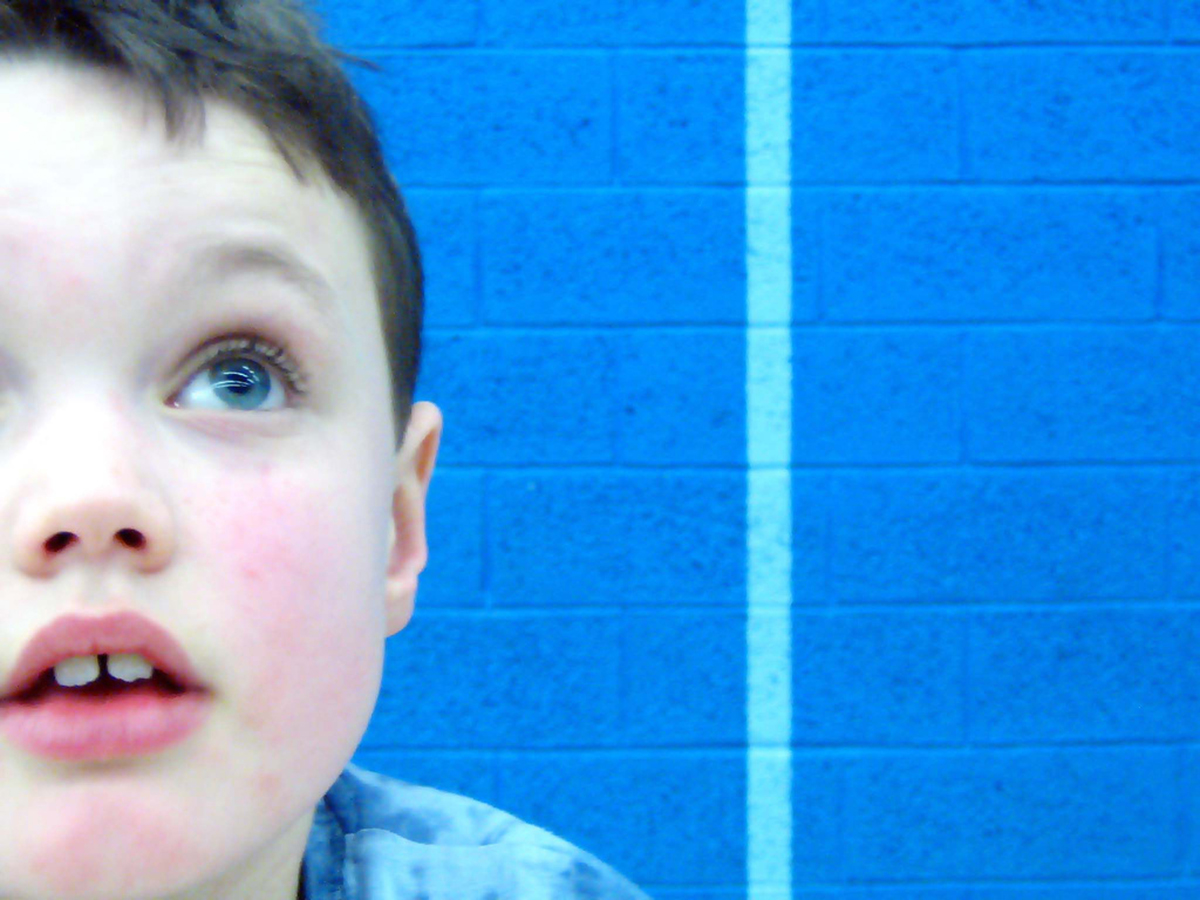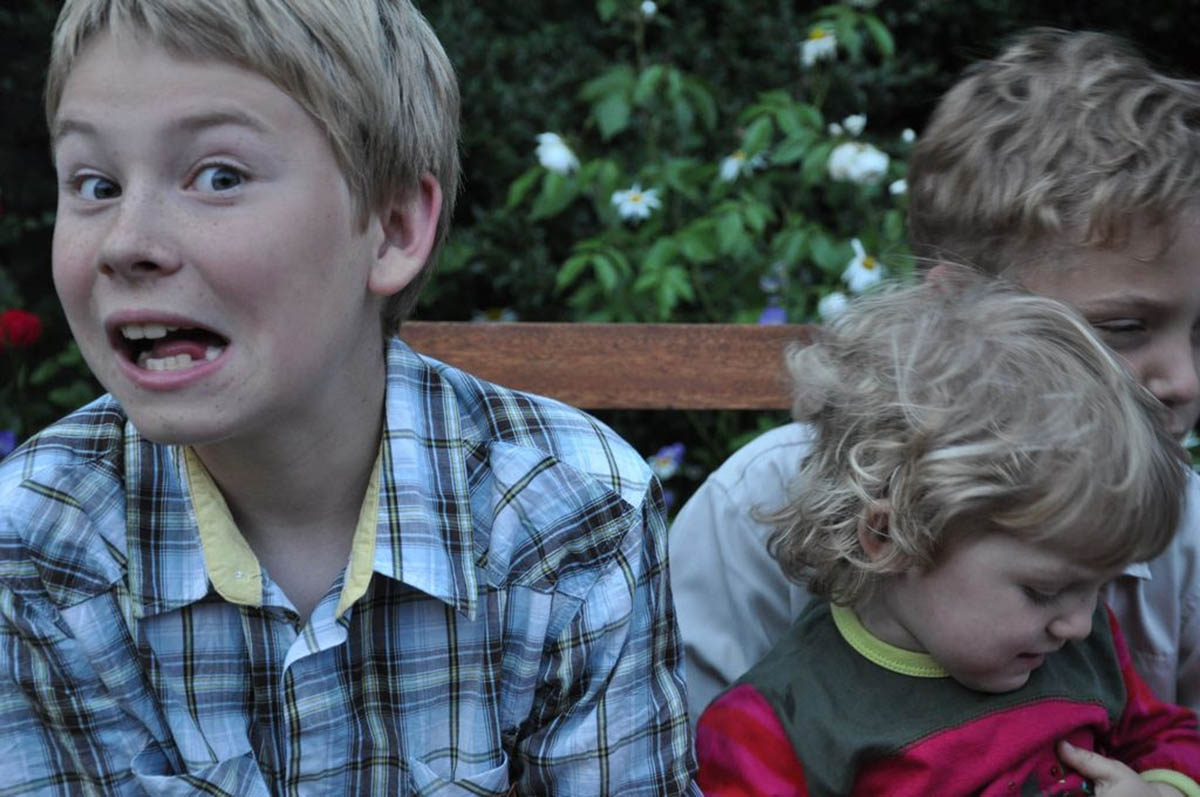Having a child, particularly a young one, means that you face new challenges and questions every day. A common situation that many parents face is an injury to their children’s front teeth. This could result from a sporting injury, a fall, a fight with another child or maybe even just walking into a door. Irrespective of how the injury occurred, being prepared by knowing what steps to take next can make a huge difference to the outcome.
Things You Should Do Immediately
It is likely that a parent will be made aware of the injury through the noise of crying and the sight of blood. Add to the mix other scared children around, and it is likely to be a mess of confusion. The first thing you should do is to remain calm. Nothing is going to be achieved if you are frazzled and unable to take decisions.

Look for any signs of head injuries first, since that may constitute a medical emergency. Take a damp cloth and wipe your child’s face. Remove any blood on the face and maybe even ask him to rinse out his mouth. What parents need to look for in this situation are deep gashes on the lip, which have a tendency to bleed profusely. They also need to conduct a visual inspection of the teeth to see if any of them have chipped or been knocked out completely. Ask your child to stick out their tongue to make sure that it has not been injured.
Once the parents have an idea of the kind of injury the child has suffered, they can make a decision about whether there is an immediate need to visit the emergency room or they can take care of things on their own. Apply pressure on bleeding sites to help arrest the blood flow. Remember that this pressure needs to be applied for for five to seven minutes without being relieved to effectively stop the bleeding. Use a cold washcloth or an ice pack if available.
Knocked Out Teeth? Here's A Pro Tip
One important thing to remember about a tooth (or more) having been knocked out is to preserve it. Do not wash the tooth in water or scrub it with your fingers in an attempt to clean it. This will remove the essential ligament cells attached to the root of the tooth.
READ Oral Care: Dental Problems in Children
The best idea is to store the tooth in a cup of milk and then try and get it to the dentist as soon as possible. There is a slim chance that the dentist will be able to replace the tooth back into the socket and allow it to heal. This is a proven technique and in some situations the tooth can lost for a decade or so before needing replacement.
Getting The Injured Teeth Back To Working Condition
How Should You Care For Your Child After A Tooth Injury?
Once parents have reclaimed control over the situation and calmed the child down, it is time to look at the situation in a little more detail. Soft tissue injuries to the lip and possibly face will result in a bit of swelling. This is a natural reaction to the injury and nothing to be alarmed about.
An ice pack to help keep the swelling in check is a good idea. Even if you were not able to visit the dentist immediately after the fall, or deemed this unnecessary, and there is no visible chip on the tooth, an appointment must be scheduled within a week or so after the injury.

When a tooth receives a serious blow, it will go into shock and stops responding to normal stimuli like changes in temperature. Such a tooth is considered non vital or "dead". In some cases, the tooth can rebound back to normal and "resurrect". Depending upon the age of the child at the time of injury, the development of the tooth can also be affected.
This means that the root of the tooth could remain poorly developed even though the crown portion of it is completely unaffected. The dentist will most likely call the child back after a few weeks to observe any changes that might have occurred and to plan the treatment after giving the tooth every chance to recover on its own.
Small chips in the tooth may be treated with just composite fillings and no other intervention necessary. These fillings are tooth colored and can be applied on to the tooth to match the shade and shape without the need for any anesthesia or drilling (in most cases).
An injury to the teeth can also occur at the age when a lot of children are wearing braces. Depending upon the severity of the injury, your doctor may choose to continue treatment as necessary or maybe even remove the braces to allow the teeth to heal without any excessive pressure on them.
READ Dental Implants as a Solution to Missing Teeth
If in case, the child has lost one or more tooth which cannot be salvaged, then your doctor will put forward different methods of replacement. It is advisable to opt for implants if the cost is not an issue since they do not require the grinding away of any other supporting tooth. Of course, these implants will be placed only after the child has completed their growth, usually after the age of 18. Temporary measures to maintain the space and to keep the dentition functional can be taken.
In Conclusion...
Every child will fall at some point or another, and this makes it more than likely that an injury to the front teeth will occur. The situation may be far less dire than it initially appears. Knowing what to do in such a situation will help you make the right decisions and not get worked up.
- Photo courtesy of biscotte: www.flickr.com/photos/biscotte/111851351/
- Photo courtesy of biscotte: www.flickr.com/photos/biscotte/111851351/
- Photo courtesy of wastes: www.flickr.com/photos/wastes/4777051309/
- www.uptodate.com/contents/mouth-and-dental-injuries-in-children-beyond-the-basics
- http://www.trianglepedo.com/trauma-emergency/types_of_trauma
- http://kidshealth.org/parent/firstaid_safe/sheets/tooth_sheet.html


Your thoughts on this